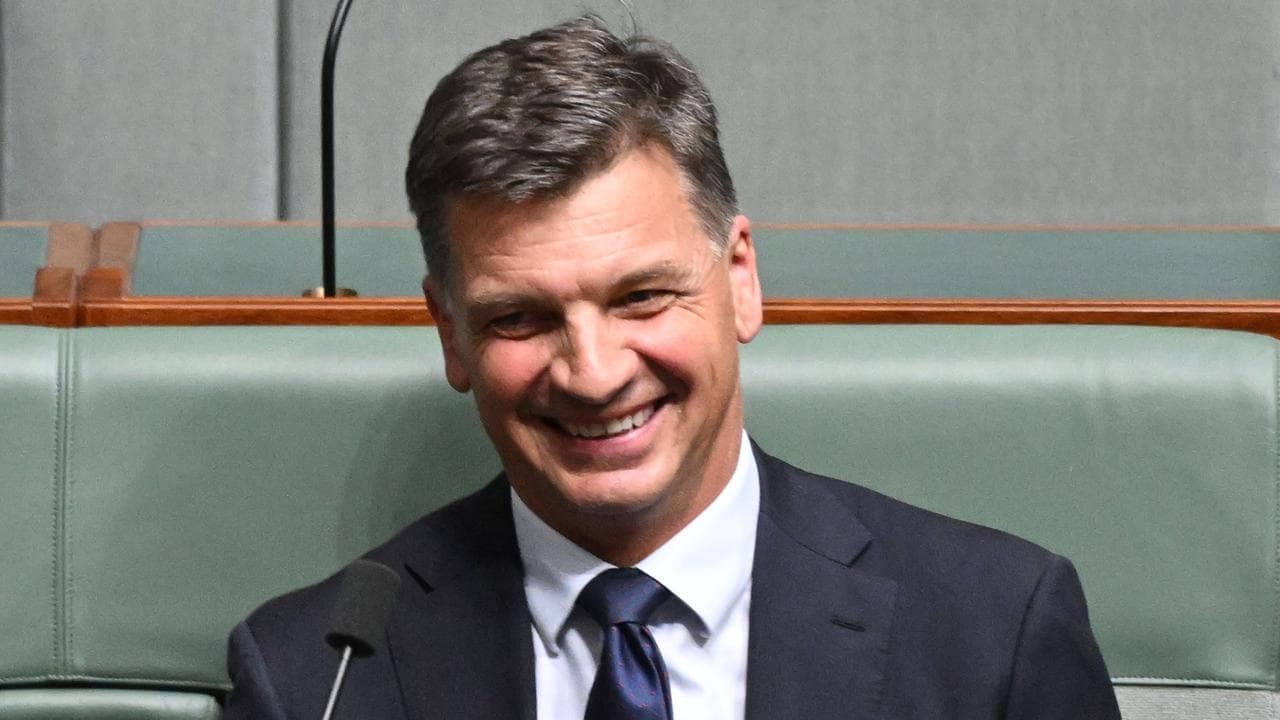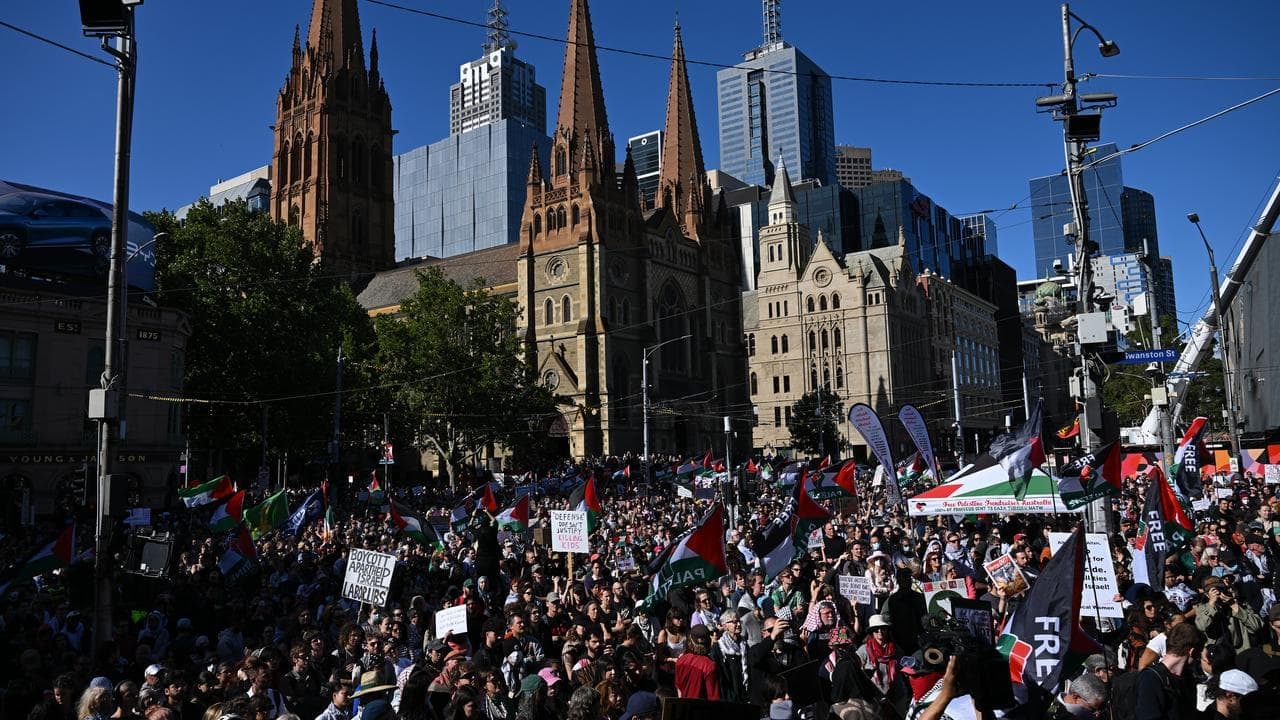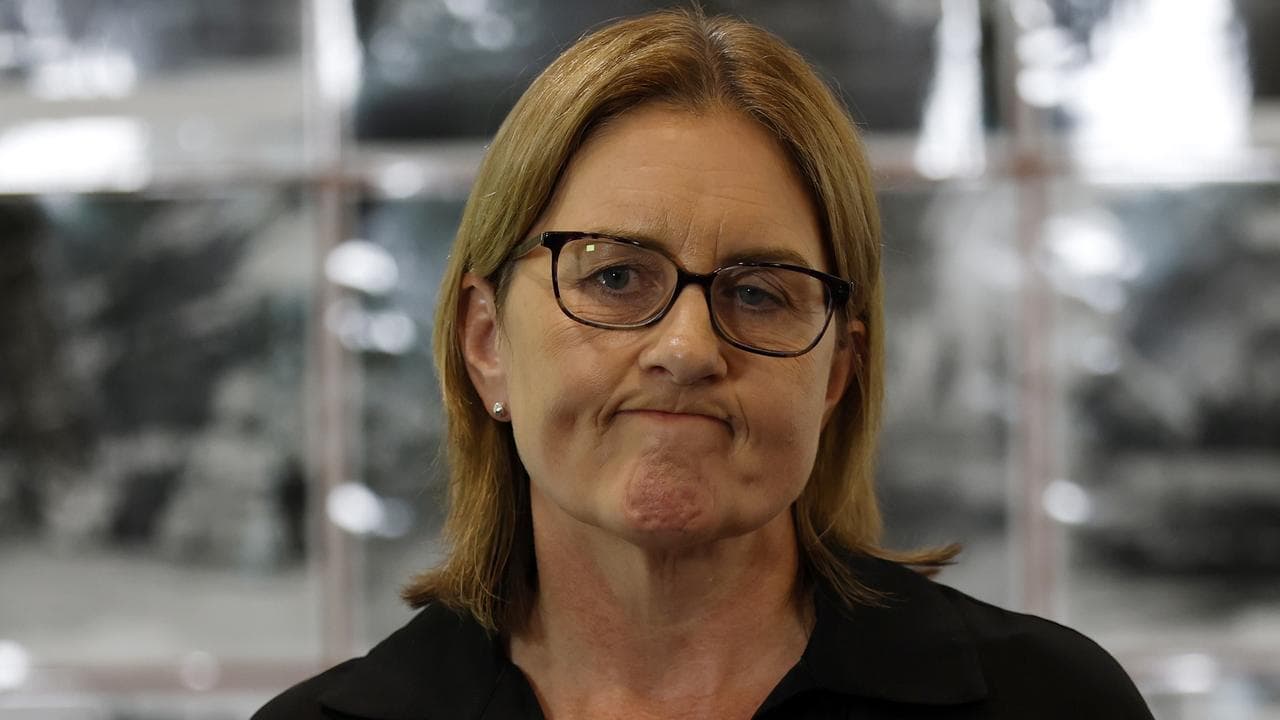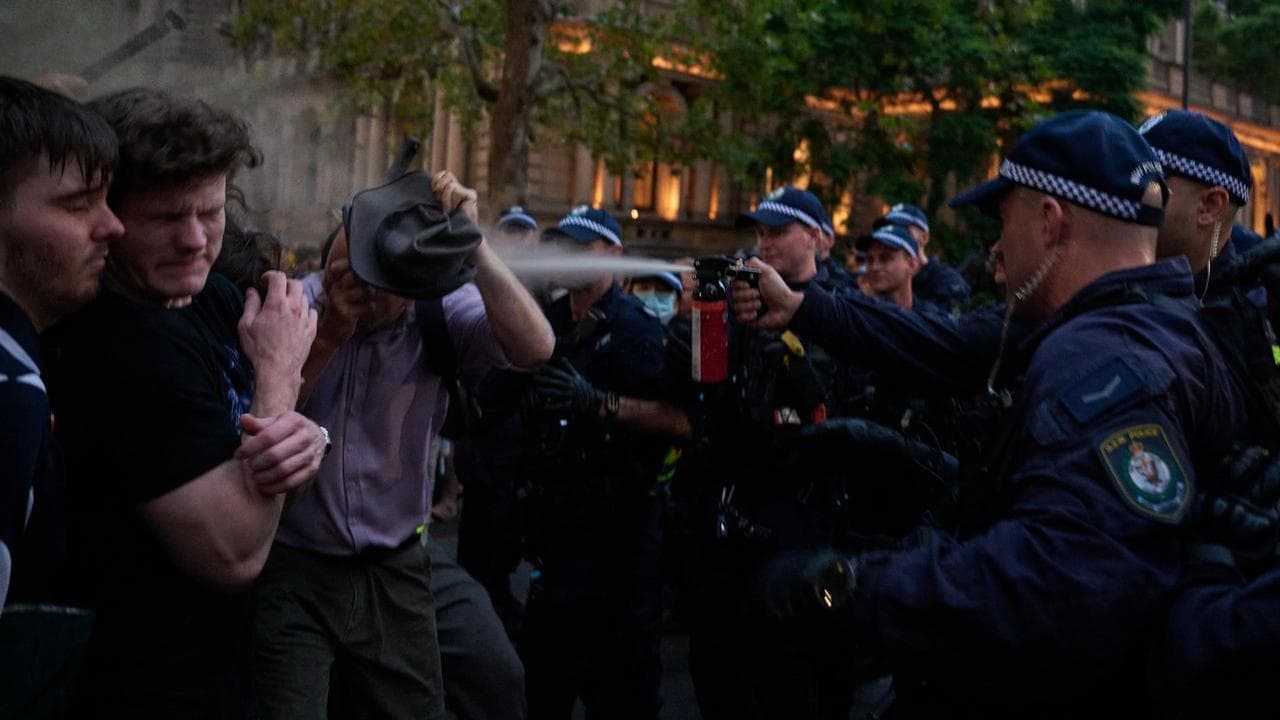WHAT WAS CLAIMED
The WHO Pandemic Agreement enables global police to arrest non-compliant citizens.
OUR VERDICT
False. The agreement contains no language about police powers.
AAP FACTCHECK - The United Nations' global public health organisation has not approved an agreement that would allow "global police" to arrest non-compliant citizens in possible future pandemics.
Experts who have studied a new pandemic planning document from the World Health Organization (WHO) agree that it doesn't include any language about police powers.
The false claim is being shared in Facebook posts announcing a "Newly Signed WHO 'Pandemic Agreement' Allows Global Police To Arrest 'Non Compliant' Citizens."

The claims originate in a headline on The People's Voice, a website debunked numerous times by AAP FactCheck.
The article claims the Pandemic Agreement grants "the global body unprecedented authority to enforce compliance during future pandemics, including authorizing international police to arrest non-compliant citizens" and has the potential to establish a "centralized medical dictatorship".
At the 78th World Health Assembly in May 2025, WHO member nations signed off on the agreement, which the organisation has billed as an accord "to prevent, prepare for and respond to pandemics".
False claims the agreement will remove national sovereignty have already been debunked by AAP FactCheck.
There is no wording in the document about expanded police powers either.

Sara Davies, a professor of international relations at Griffith University, wrote about the agreement for the Australian Institute of International Affairs.
She told AAP FactCheck that "there is no policing capacity referenced in the agreement," noting Article 3 includes a "clear statement on the 'sovereign rights of States to legislate and implement legislation within their jurisdiction'".
"This means," Dr Davies explained, "that WHO can advise, coordinate and direct pandemic prevention, preparedness, and response, but states always retain sovereignty and their citizens cannot be subject to any authority outside of the state."
Nicole Hassoun, executive director of Global Health Impact, has also written on the subject for The Conversation, and told AAP FactCheck the posts were incorrect.
"That claim is definitely false," Professor Hassoun confirmed.
"The agreement doesn't mention police at all - it focuses on how to control the spread of deadly diseases like Ebola."
The People's Voice article makes no attempt to back up its misleading headline, which hasn't stopped it being shared widely.
In fact, the article undermines its own argument by directly quoting, later in the piece, language from the WHO agreement that debunks any claims of police powers.

The agreement clearly states: "Nothing in the WHO Pandemic Agreement shall be interpreted as providing the Secretariat of the World Health Organization, including the Director-General of the World Health Organization, any authority to direct, order, alter or otherwise prescribe the national and/or domestic law … or to mandate or otherwise impose any requirements that Parties take specific actions, such as ban or accept travellers, impose vaccination mandates or therapeutic or diagnostic measures or implement lockdowns," (page 28).
Similar claims that the agreement would allow police or military enforcement have been debunked by Germany's Deutsche Welle fact-checkers.
AAP FactCheck has debunked claims, surfacing since the Pandemic Agreement approval, that several world leaders were assassinated for not approving COVID-19 vaccines.
AAP FactCheck is an accredited member of the International Fact-Checking Network. To keep up with our latest fact checks, follow us on Facebook, Instagram, Threads, X, BlueSky, TikTok and YouTube.












